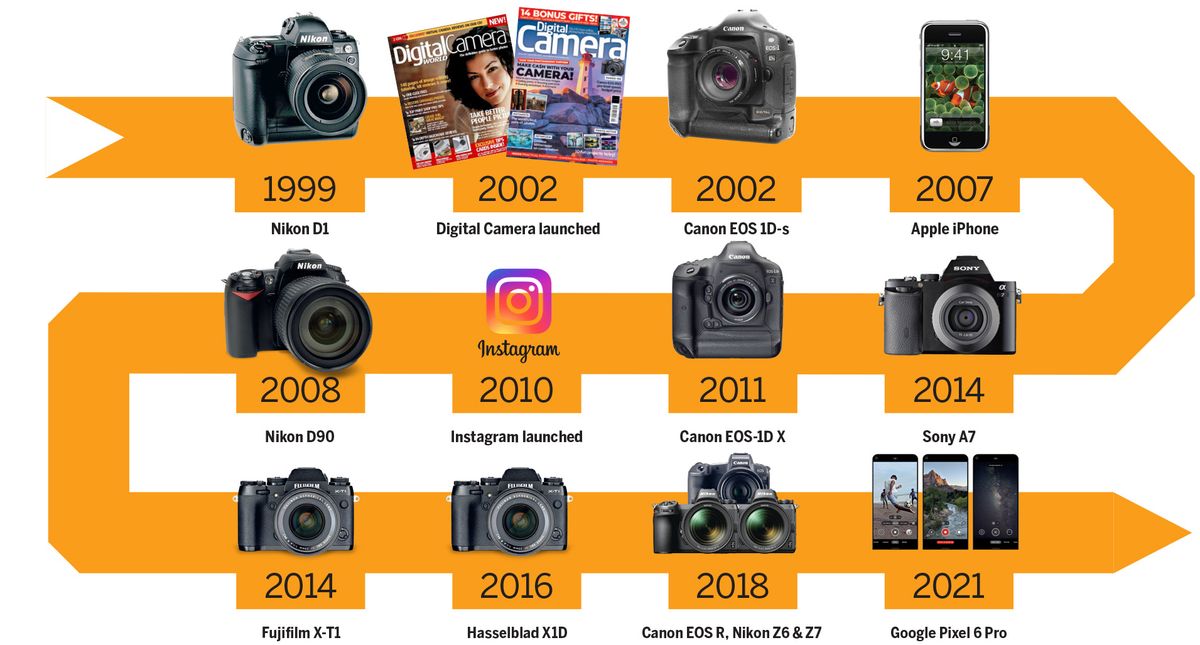After 14 years of operation, Omegle, the popular video chat service, has closed its doors. This closure comes as a result of a $22 million sex trafficking lawsuit settlement. But what is truly surprising is that Omegle managed to continue its operations for as long as it did. In a time when major companies are enforcing strict content rules, it’s perplexing to think that a site infamous for its unsolicited nudity could still exist.
Key Takeaway
The closure of Omegle marks the end of an era for anonymous online connection. The platform’s ability to facilitate both positive and negative interactions highlights the double-edged nature of online anonymity. As stricter regulations loom and genuine anonymity becomes increasingly rare, the future of the internet hangs in the balance. Striking a balance between privacy and accountability is crucial to the preservation of a truly open and connected digital world.
The Impact of Omegle
Omegle, known for its anonymous and random chat format, played a significant role in the lives of many individuals. It served as a virtual gathering place for teenagers and young adults, allowing them to connect with strangers around the world. These interactions often included unexpected encounters with explicit content, making it memorable for all the wrong reasons.
Despite its reputation, Omegle also facilitated positive connections. People used the platform to explore foreign cultures, seek impartial advice, and combat feelings of loneliness. Some even claim to have found their soulmates on Omegle and embarked on life-long relationships. However, as founder Leif K-Brooks acknowledged in a manifesto about the site’s closure, not all interactions were positive. The platform’s anonymity gave users the freedom to engage in both good and evil.
The Lost Era of Internet Anonymity
Omegle represented an earlier version of the internet, where privacy and anonymity were more readily available. With the rise of social media giants, maintaining one’s anonymity online has become increasingly difficult. Genuine online anonymity is slipping away, as even pseudonymous platforms like Reddit and Tumblr are characterized by a certain level of context.
Anonymity allows for socially risky behavior, which can have both positive and negative consequences. On one hand, it empowers individuals to challenge oppressive governments and make statements without fear of punishment. On the other hand, it can also enable the spread of harmful content and conspiracy theories, as seen with movements like QAnon.
Recognizing the importance of anonymity, organizations like the Electronic Frontier Foundation (EFF) strive to protect it. They understand that whistleblowers, human rights activists, and victims of abuse rely on anonymity to carry out their work.
The Future of Online Anonymity
Unfortunately, platforms like Omegle are becoming increasingly rare. The introduction of age-gating legislation and the push for stricter internet regulations threaten to restrict access to websites and erode online anonymity further. While Omegle may have had its flaws, founder Leif K-Brooks raises valid concerns about the future of the internet. He fears that the internet he fell in love with, characterized by active participation and genuine human connection, may cease to exist.

























